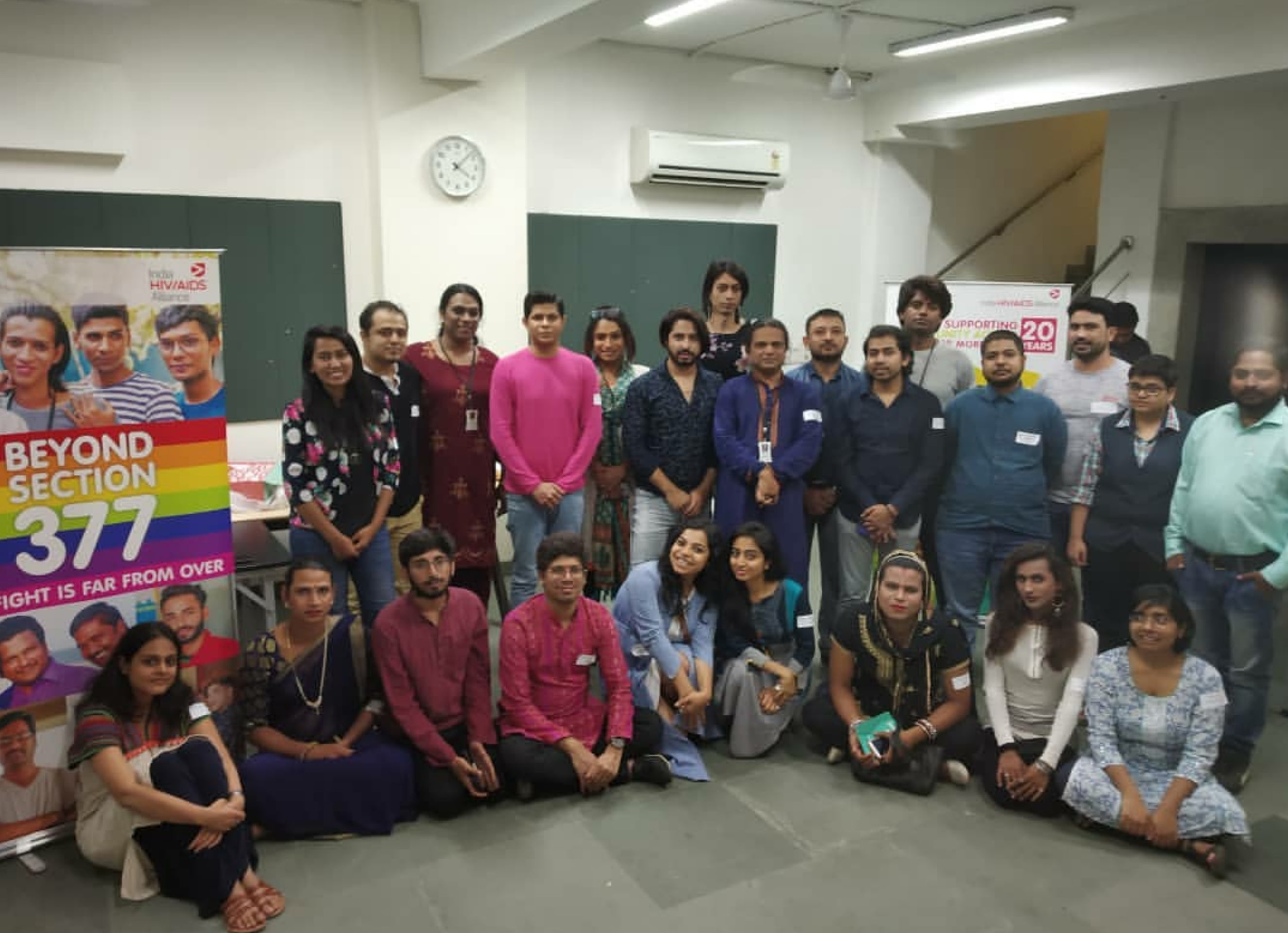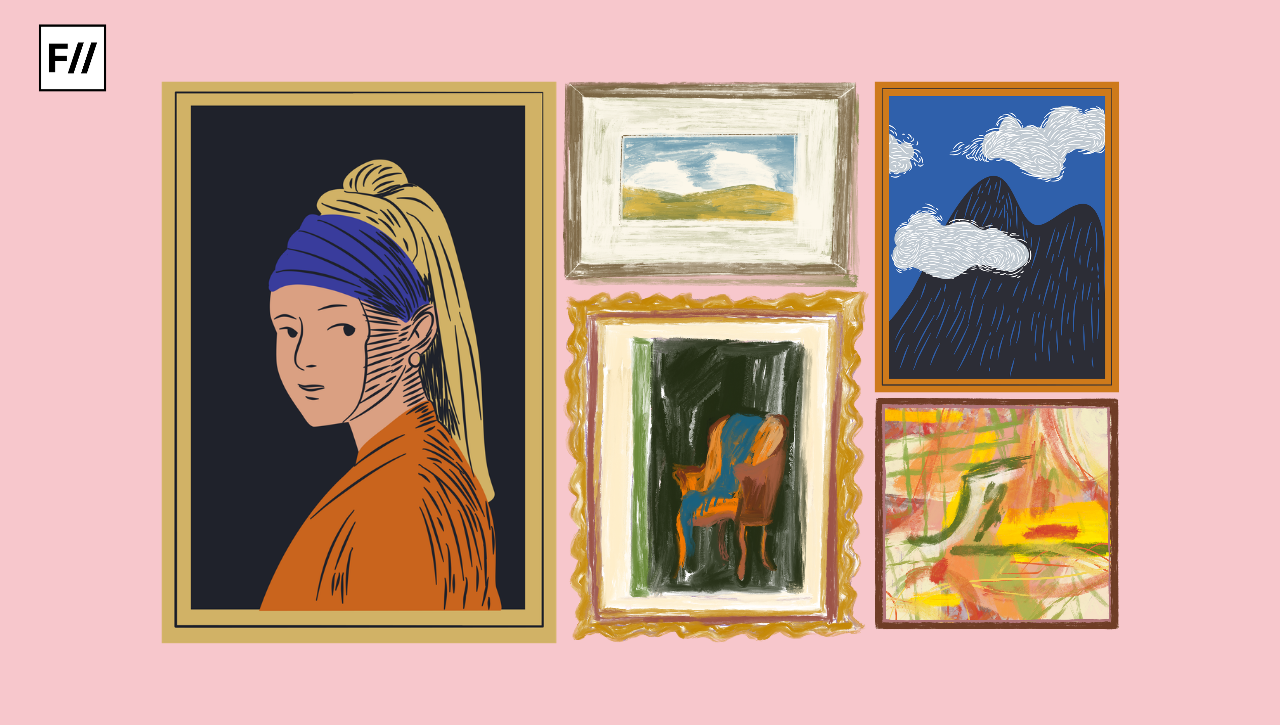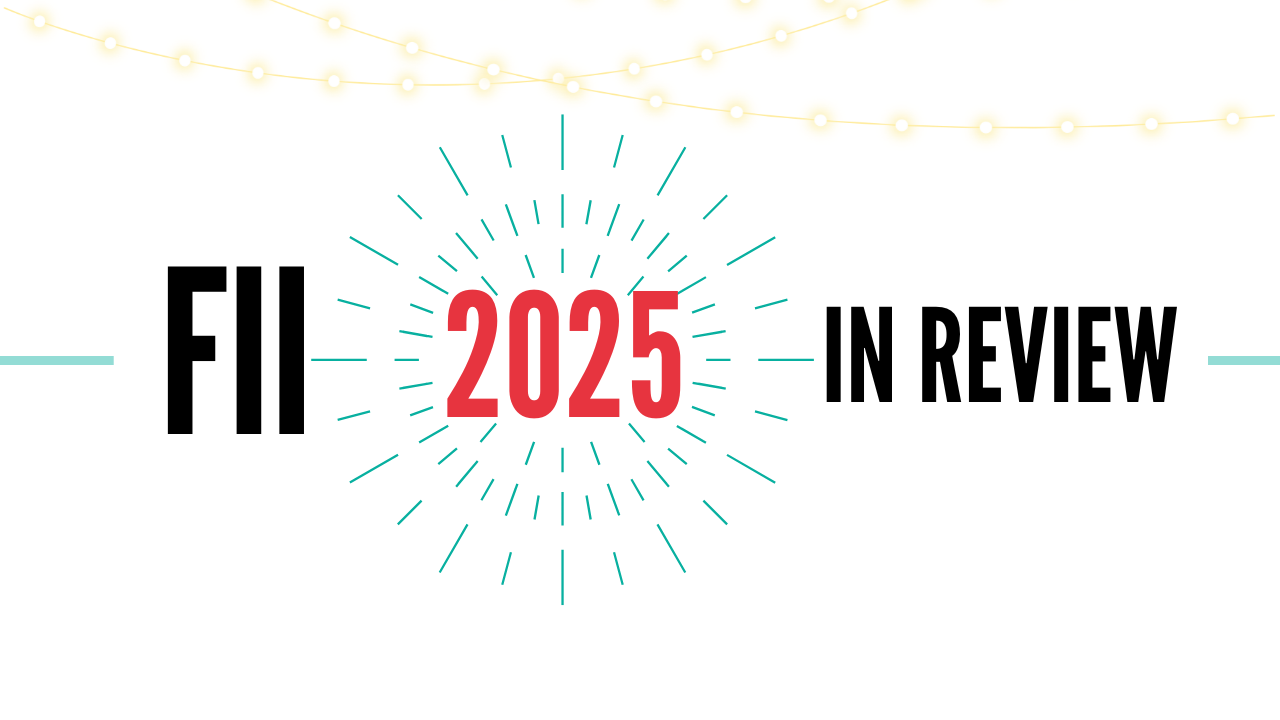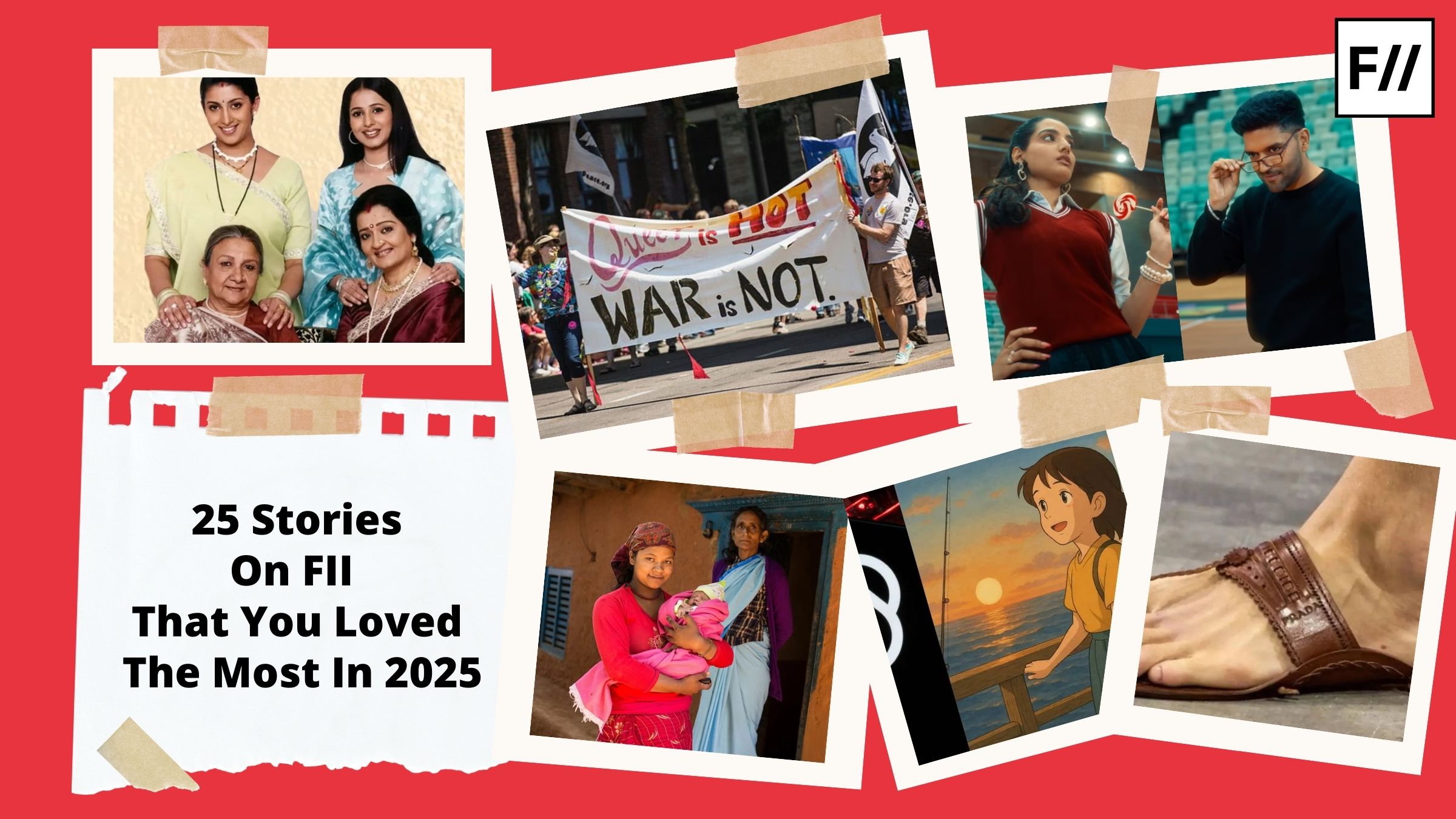On 16th May, 2019, FII’s Digital Editor, Suman Saurav, attended a legal workshop organized by HIV/AIDS Alliance and International Commission for Jurists on rights of LGBTQ personal for housing, employment, health and public spaces engagement. The workshop aimed at discussing the legal rights of LGBTQIA+ community post-NALSA and Navtej judgement of the Supreme Court of India with a dual goal – to both inform as well as learn from activists and community members about the challenges faced by them post the two judgements.
The workshop started with a brief introduction of all the participants. Everyone was asked to speak about one issue that existed prior to the NALSA and 377 judgements, and if and how it has changed now. People discussed their lived experiences and how both these judgements have affected them personally. It was realized that even though certain changes can be seen when it comes to awareness about the LGBTQIA+ community in the society, they are still subjected to immense violence and discrimination, and that the road to equality is long and dry.
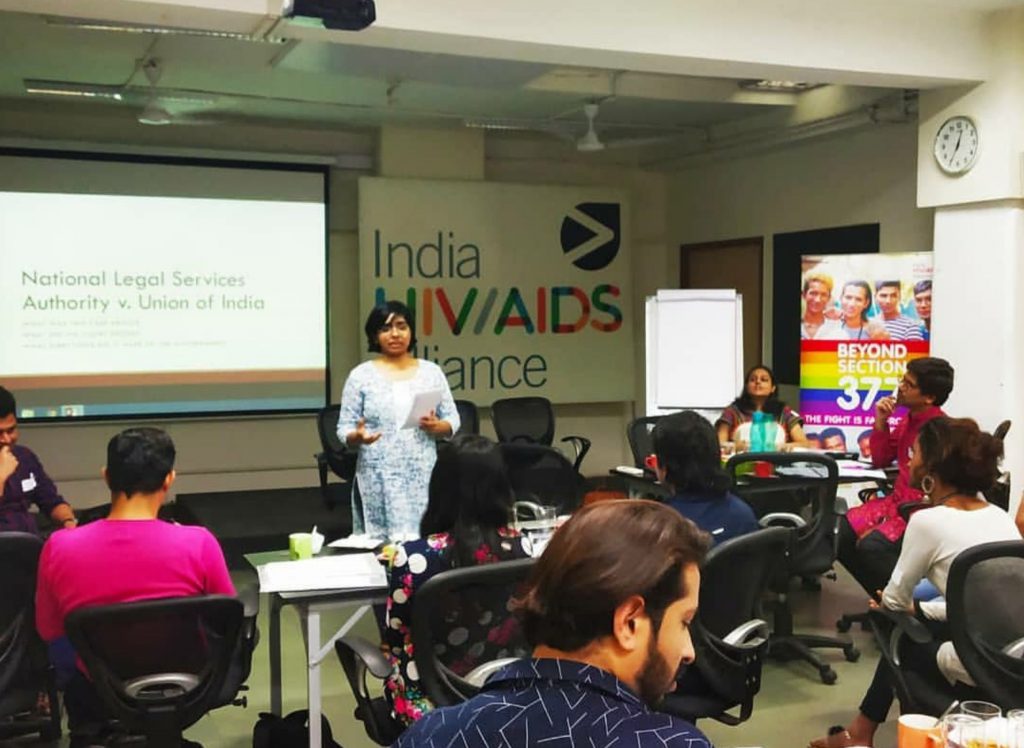
Post the introductory session, the participants were explained the meaning of human rights, fundamental rights and directive principles of state policy, how they all relate to each other, and how some of these rights are inalienable to our existence.
The workshop then introduced an interesting activity where participants were given a sheet of paper of 16 basic rights entailed in it like housing, sex, security, education, work, among others, and were asked to select 8 of them which they think are the most important for their survival. For the 2nd round, they were asked to select 5 out of those 8 rights, and for the 3rd round, 3 of those 5. This gave an insight into the fact that while certain basic necessities are similar for each and every one of us, how we as human beings, depending on a lot of internal and external factors, deem completely different things as a necessity. While some of the participants chose to hold on to ‘education’ as a basic necessity for the first round, giving it up on 2nd or third, giving ‘housing’ a priority, other chose to hold on to ‘security’ till the end. The activity was insightful as it made us realize our fears and privileges at the same time.
The workshop then progressed into the theory of these legal rights post the above-mentioned cases as well as several other recent judgements. It was interesting as well as surprising to know that many parts of the NALSA, 377, and various other judgements are not even known to the common public, which gives the LGBTQIA+ community a better standing to fight for their civil rights. For example, in the recent judgement of Aruna Kumar, the Madras High Court has observed that a trans woman is a bride under the Hindu Marriage Act. The workshop then went into the critique of these judgements and how, even though the LGBTQIA+ community might have certain rights in theory, the ground reality is still very different, with them having to deal with violence and discrimination on a daily basis.
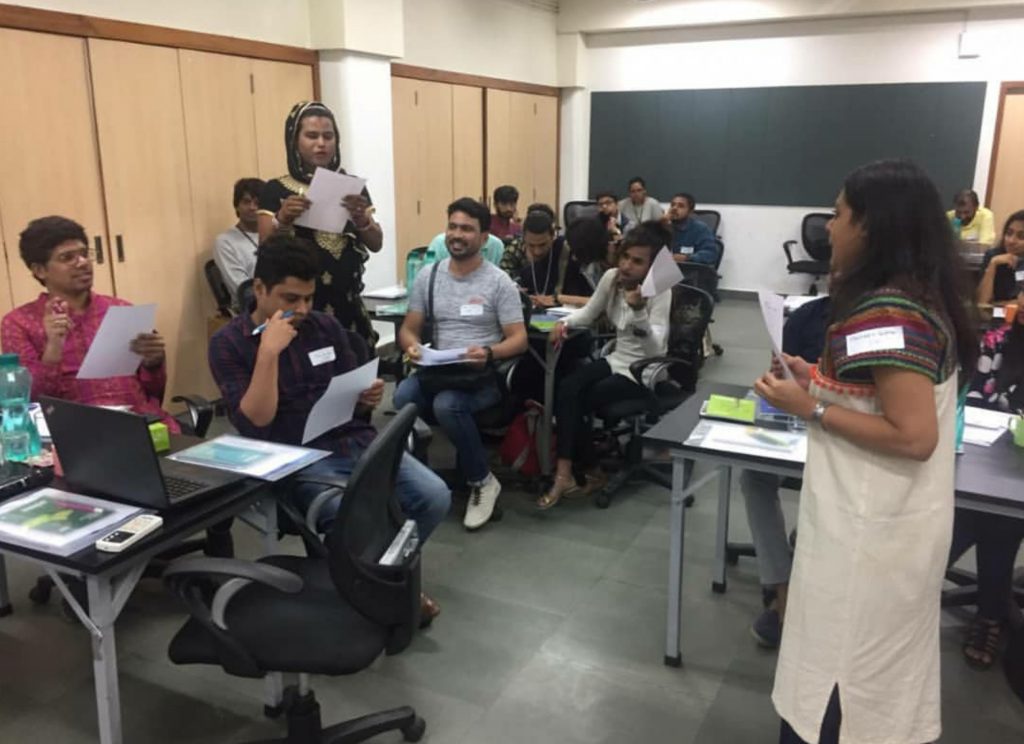
The final part of the workshop included an activity where all the participants were divided into groups and were given topics like housing, public transport, workplace, and such. The participants were then asked to answer a few questions related to their topics, ranging from what rights do they see coming under their topic, how important are these rights, to them facing any kind of discrimination or violation of these right on the basis of sexual identity, gender identity or expression. The participants had to come up with a presentation on the basis of their learning from the workshop. The session turned out to be a personal storytelling session where all the participants shared their experiences of discrimination, be it at public spaces, their workplace, or their own house. It was a surreal moment where everyone stood in solidarity with the other person, relating to their story, seeing a part of them in the person narrating.
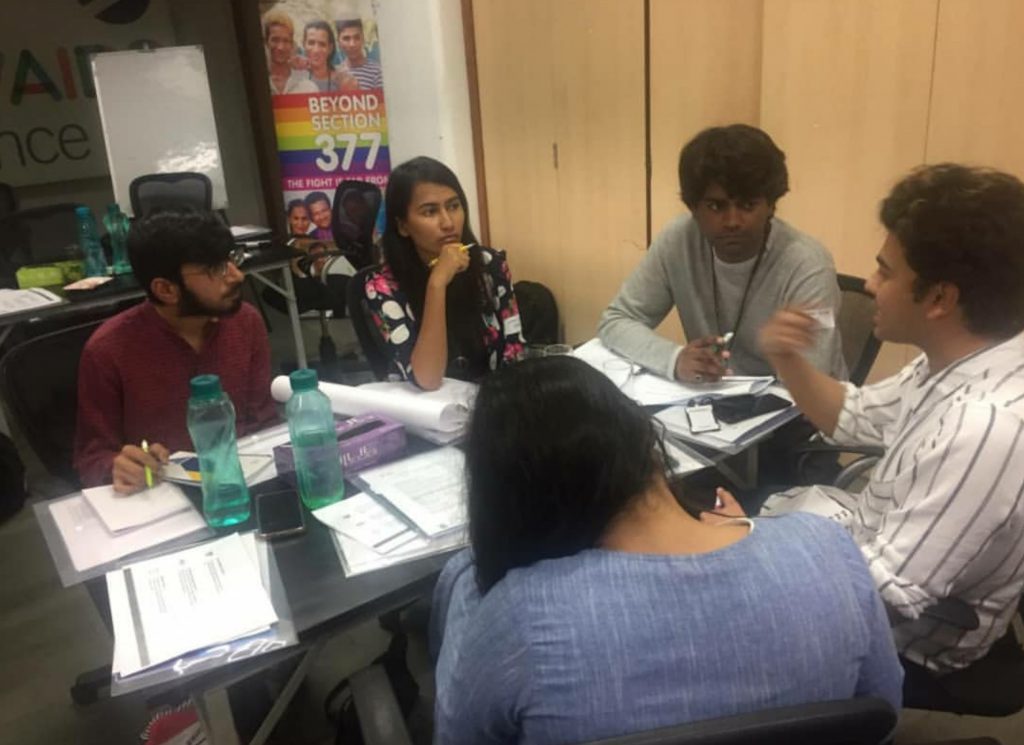
The workshop concluded with a thank you note from the organizers. The whole workshop was a great learning experience. Legal rights are something which we usually don’t pay attention to, because they are complicated for common people to understand. However, we need to pay more attention to them as these are the very rights which give us a legal standing in each and every situation where we are being subjected to discrimination. Hence, workshops like this are important and should be made available to the general public on a more regular basis.
Also read: FII’s Asmita Ghosh Gives Workshop On Feminism 101 At NIT Calicut
Picture Credits: India HIV/AIDS Alliance
About the author(s)
Feminism In India is an award-winning digital intersectional feminist media organisation to learn, educate and develop a feminist sensibility and unravel the F-word among the youth in India.
